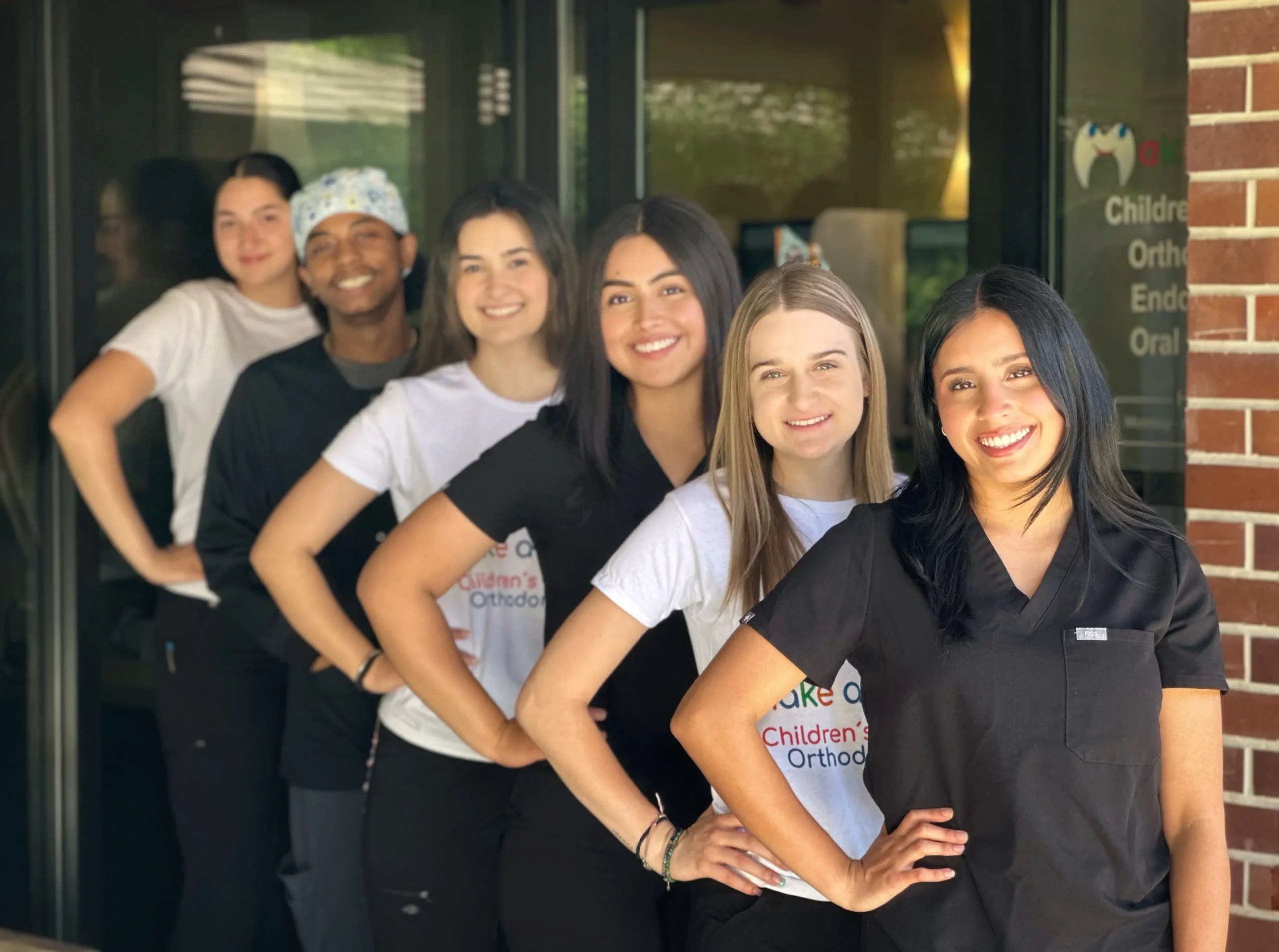Wisdom
Tooth Extraction
Pain-Free Tooth Extractions
More reasons to Smile!
Wisdom Tooth Extractions In El Dorado Hills
WHAT ARE WISDOM TEETH?
Wisdom teeth, also known as third molars, typically emerge between the ages of 17 and 25. While these teeth were once essential for our ancestors’ diets, modern diets have made them largely unnecessary. As a result, for many people, wisdom teeth can cause problems. Specifically, when they don’t have enough space to grow properly, they can lead to discomfort, infection, and even damage to adjacent teeth.
WHY CHOOSE MAKE A SMILE DENTAL?
At Make A Smile Dental, we fully understand the discomfort and anxiety that often accompany the need for wisdom teeth removal or tooth extraction. Therefore, we make it our priority to ensure that your experience is as relaxed and pain-free as possible. Our highly skilled oral surgeons and dedicated staff provide a friendly, comfortable environment to help put you at ease.
Furthermore, our team utilizes cutting-edge equipment and techniques to guarantee precise and efficient tooth extractions, including wisdom teeth removal. To further enhance your comfort, we also offer various forms of sedation, ensuring a stress-free experience throughout the procedure.
With years of experience and a strong commitment to personalized care, the team at Make A Smile Dental ensures that every patient receives the highest standard of treatment. We recognize that each patient’s situation is unique; thus, we offer individualized treatment plans for wisdom teeth removal or tooth extraction based on thorough consultations and detailed examinations.

About Our Office
Welcome to the World of Make A Smile Dental!
From first tooth to wisdom tooth removal, Make a Smile Dental is there for your family. Our dedicated team provides all-encompassing oral surgery services with a focus on patient education and comfort. Choose Make a Smile Dental for your journey towards healthier, brighter smiles.
About Our Office

Welcome to the Exhilarating World of Make A Smile!
From first tooth to wisdom tooth removal, Make a Smile Dental is there for your family. Our dedicated team provides all-encompassing oral surgery services with a focus on patient education and comfort. Choose Make a Smile Dental for your journey towards healthier, brighter smiles.
How can we help you?
Frequently Asked Questions
Wisdom teeth, also known as third molars, are the last teeth to develop in your mouth, usually appearing in the late teens or early twenties. They are called ‘wisdom’ teeth because they come at an age when a person matures into adulthood and is ‘wiser’ than before.
Not everyone needs their wisdom teeth removed. However, due to the size of our jaws, there is often not enough space for wisdom teeth to grow properly. As a result, this lack of space can lead to impaction (where the tooth is unable to break through the gums), infections, pain, damage to surrounding teeth, and other related issues. If any of these problems arise, your dentist or oral surgeon may recommend removing the wisdom teeth to prevent further complications.
Sedation Options for Your Comfort
To ensure your comfort during the procedure, we offer a range of sedation methods. These options vary from local anesthesia, which numbs only the area to be operated on, to more extensive methods such as conscious sedation, deep sedation, or general anesthesia. Depending on the sedation type, you may be either partially or fully unconscious during the procedure. The choice of sedation is carefully determined by our expert team, considering factors such as the patient’s anxiety levels, overall health, and the nature of the surgical procedure.
What to Expect During and After Surgery
While the surgery is being performed, our patients generally do not feel pain, but rather a sensation of pressure. Postoperatively, any discomfort is usually well controlled with prescribed pain medications. Additionally, our team will provide specific instructions on pain management to help you through your recovery.
Please note, the perception of pain is subjective and can vary from person to person. However, rest assured, we strive to make the entire experience as comfortable and pain-free as possible. As always, we encourage open communication, so feel free to ask any questions or express any concerns you may have regarding pain and sedation options for oral surgery.
Your dentist will be able to determine if you need your wisdom teeth removed. They may use x-rays to see the position of your teeth and if they are likely to cause any problems. Common signs that you may need your wisdom teeth removed include pain, infection, cysts, damage to other teeth, gum disease, or tooth decay.
